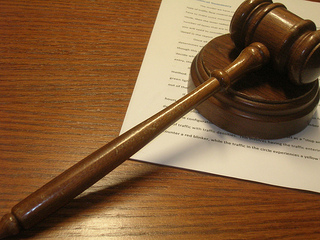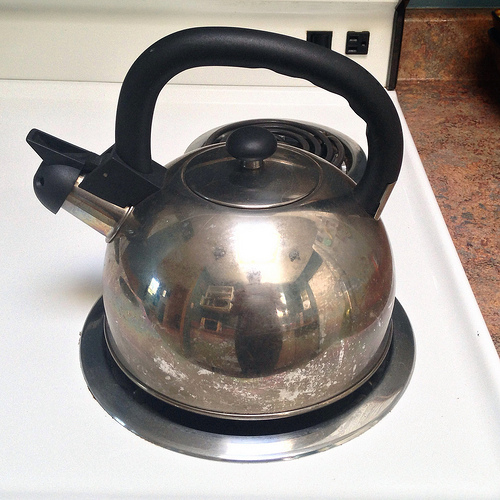A contentious debate over identifying biosimilars is sparking concern from antitrust regulators. These drugs are designed to emulate expensive biologics and are forecast to save billions of dollars in US health care costs. But finding the best approach for naming biosimilars has confounded regulators and divided the pharmaceutical industry amid clashes over patient safety and the potential for big profits.
At issue is whether biosimilars should be given the same name as biologics. Two months ago, the Food and Drug Administration issued draft guidelines that suggested both biologics and biosimilars can use the same name. But the agency also proposed that biosimilar names add a four-letter suffix that differs from the four-letter suffix that should follow a biologic brand name medicine.
Essentially, the FDA appeared to be trying to appease as many people as possible. Brand name drug makers and biotechs have lobbied hard for biosimilars to carry unique names altogether. They have argued that this would make it easier to track side effects that might appear in patient records and in the reports that are filed with regulators. The trade group for brand-name drug makers believes the different types of medicines should have distinct suffixes.
By contrast, generic drug makers believe that different names may confuse prescribers and pharmacists as they determine whether the medicines are really the same and attempt to verify dosing and regimens. They also insist that side effects are easy enough to track through product codes, and claim that concerns about patient safety are a red herring for blunting competition. Generic drug makers and insurers don’t like the idea of a suffix.
This is where the Federal Trade Commission comes in.
Since the FDA guidelines are not finalized yet, anyone can file a comment about the proposal. And so, the FTC filed remarks yesterday saying that the FDA suggestion “may cause physicians to believe mistakenly that [biologics and biosimilars] necessarily have clinically meaningful differences, potentially resulting in reduced price competition in biologic drug markets.”
The agency later explains that “physician perceptions of differentiation could cause price differences to be a less salient feature in the competition between the products, which would diminish the incentives to price aggressively.” The FTC also cites “limited survey data” from 2013 showing US physicians have “a low level of understanding” about biosimilars, including differences between biosimilars and biologics.
Although the FDA only recently approved the first biosimilar for the US market, the FTC is anticipating cost will quickly become an issue. The antitrust regulator notes that the annual cost for some biologics is $200,000 or more. And the FTC adds that prices for biologics are rising rapidly, increasing about 10 percent to 15 percent each year, with the average price of biologics doubling from 2006 to 2012.
As an alternative, the FTC proposes that the FDA consider using trade — or commercial — names to distinguish products, which the antitrust regulator contends will make it easier for physicians to determine which medicine to prescribe and also track adverse events.
We asked the Pharmaceutical Research and Manufacturers of America, the industry trade group for brand name drug makers, for a comment about the FTC concerns and will update you accordingly.
 Print This Post
Print This Post




